Roads
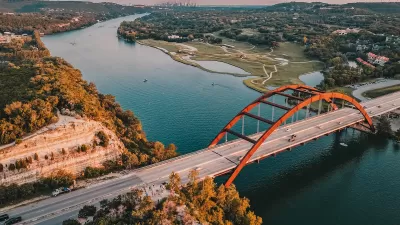
Texas Infrastructure Gets a ‘C’
The American Society of Civil Engineers rates states in 16 categories related to transportation, water, waste management, parks, and more.
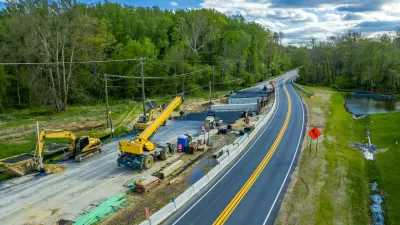
Study: Cost of Expanding Roads Outweighs Benefits
New research shows that the economic benefits of roadbuilding projects don’t come close to exceeding most projects’ costs.
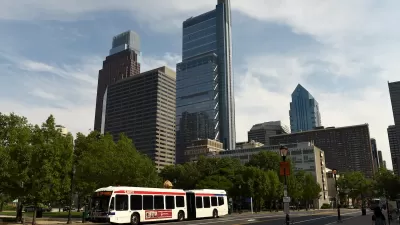
Pennsylvania Adopts State Transportation Plan
The plan addresses roads, transit, and other transportation infrastructure over the next 12 years.
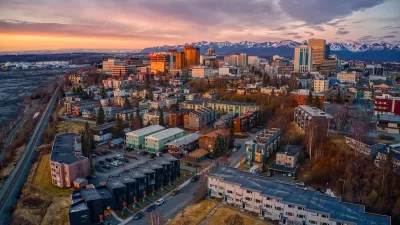
Anchorage High-Speed Highway Project Met With Skepticism
The Alaska Department of Transportation and its consultants are working on a Planning and Environmental Linkages study of the Glenn-Seward Highway that bisects the middle of Anchorage, Alaska.
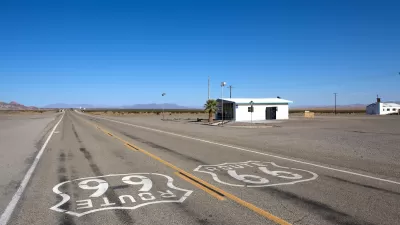
Friday Eye Candy: America’s Most Scenic Abandoned Highways
Unused roadways provide opportunities for exploration and recreation.
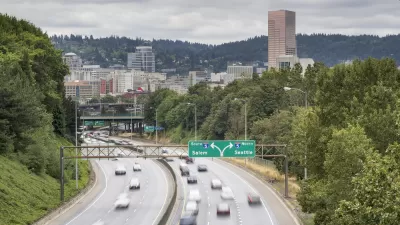
Oregon Youth Activists Protest Highway Expansion
A group of young climate activists are demanding an end to traffic-inducing road expansion projects and a renewed commitment to sustainable, transit-oriented transportation.
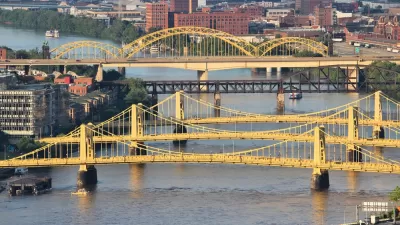
Roads and Bridges Are Not Crumbling
Rebutting the argument that roads and bridges are "crumbling" and should be our first infrastructure priority.
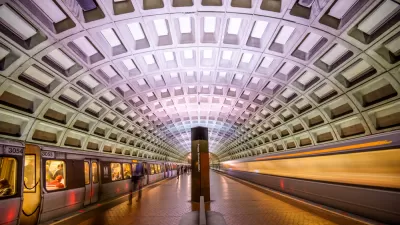
Republicans, Democrats, and Transit
Depending on how the issue is phrased, support for public transit can be bipartisan.
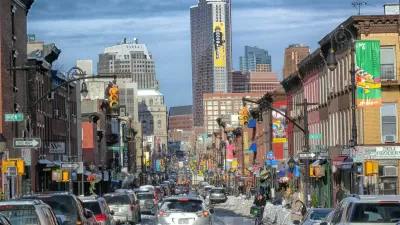
Thinking About Infrastructure and Housing, Part 2
Is inadequate infrastructure a reason to keep new housing out of cities?

Curbside Management to Tame Roadway Chaos
A pilot program in Columbus, Ohio, will help bring order to the city’s curbside space, a response to a mobility network that has become more complicated and crowded.
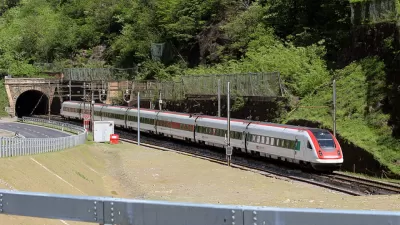
Connecting Central Europe, North to South
Large-scale road and rail projects aim to facilitate travel from the south of Italy all the way up to Sweden and Finland.
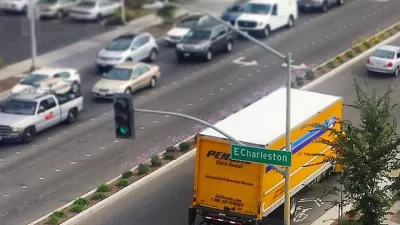
What's a Stroad and Why Do Stroads Matter?
An explainer post on that much-lamented feature of contemporary communities—the stroad.
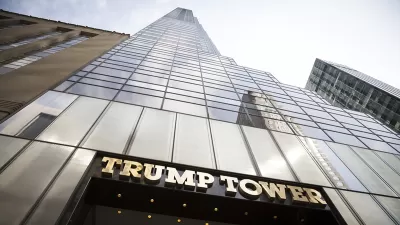
Cities After President Trump
Urbanists consider what the administration of President-elect, Donald Trump, will mean for cities.
Fixing the Flood of Congestion at its Source
In pursuit of an honest conversation about congestion, Charles Marohn produces a comparison between roads and stormwater infrastructure.

Exploring Vermont's Ancient Roads
Act 178, approved by Vermont in 2006, required that all ancient roads be catalogued by July 1, 2015 to be included in the state map. The exploration of old roads leading up to that deadline makes a compelling story.

How To: Smarter Infrastructure Investments
In the next few decades, U.S. governments and businesses are predicted to spend trillions of dollars on infrastructure. This is the reality. The question is: how do we get smart about these investments?
On the Political Effects of Transportation Infrastructure
A comparison of road conditions in Rwanda and Mali—the former an autocracy with sterling roads, the latter a democracy where poor road conditions reveal a deep divide in the country.
Plan Maps the Best (and Worst) of Future Road Construction
A new study published in the journal Nature maps out a plan for the development of roads around the world—where roads should be avoided due to their environmental costs, and where they can be built to maximize their potential benefit to humanity.
Congress Contemplates Cooperating on Infrastructure Spending
Might a recent agreement to fund water projects pave the way for more transportation spending? That's what positive signals out of Washington seem to indicate. Just one small obstacle stands in the way: how to finance road and bridge projects.
Extreme Heat Is Bad News for Transportation
Extreme temperatures aren’t just a public health concern: they also affect how we get around.
Pagination
Urban Design for Planners 1: Software Tools
This six-course series explores essential urban design concepts using open source software and equips planners with the tools they need to participate fully in the urban design process.
Planning for Universal Design
Learn the tools for implementing Universal Design in planning regulations.
Heyer Gruel & Associates PA
JM Goldson LLC
Custer County Colorado
City of Camden Redevelopment Agency
City of Astoria
Transportation Research & Education Center (TREC) at Portland State University
Jefferson Parish Government
Camden Redevelopment Agency
City of Claremont


































